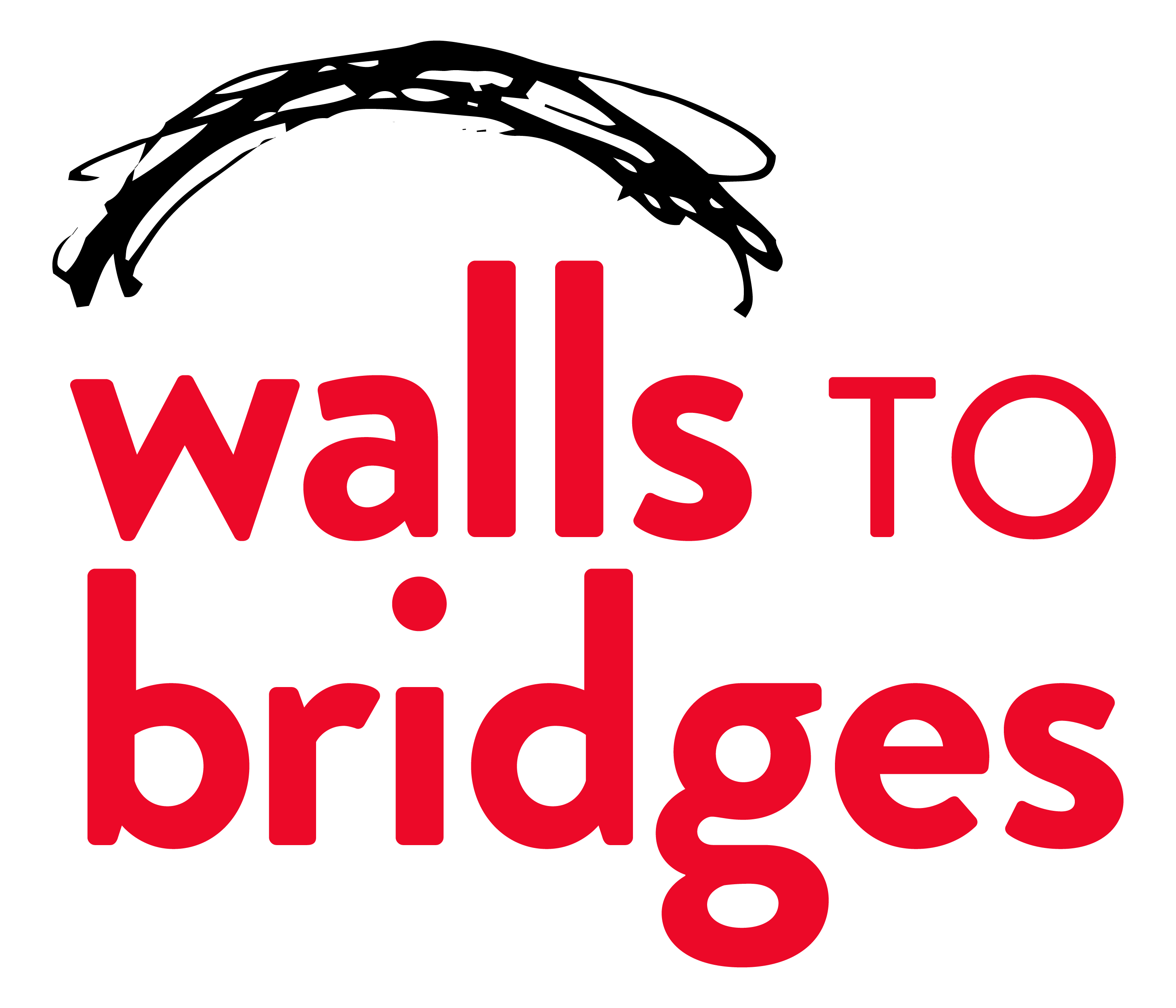Walls 2 Bridges

The Walls to Bridges (W2B) program creates educational partnerships between institutions of higher learning and correctional systems. This program brings together college or university students (campus-based students) with incarcerated men and women (non campus-based students) to study as peers in semester-long college/university level courses. Not only does W2B dismantle educational barriers, but by creating a community of learners from both the prison and the outside community, walls are transcended and inclusive knowledge networks are created. Non campus-based students and campus-based students attend weekly classes together within the prison setting in which all students read a variety of texts and write papers. In the final month of class, students collaborate on a class project, defined in large part by what is meaningful to the student group. Examples of class projects that have been completed are needs assessments, poetry books, zines, anthologies, policy recommendations and community forums.
Instructors teach their regular class off-campus within the jail or prison setting. Classes are modified to ensure they are relevant to the experiences of incarcerated students and often include information and discussion on social justice, criminology and punishment. Classes are comprised of equal numbers of non campus-based students and campus-based students (20-30 students in total). Prior to the course start date instructors conduct interviews with all students to ensure their readiness and motivation for such a course. Campus-based students are interviewed to ensure their suitability for this innovative method of course instruction (campus-based students sign a liability form prior to their participation). Non campus-based students are also interviewed to ensure their readiness and motivation for the course. Criteria for readiness generally includes a level of maturity, an openness to breaking down stereotypes about “us” and “them” and a commitment to non-traditional and collaborative learning (versus ‘lecture style’ pedagogy).
Of particular relevance to campus-based students is the recognition that they are not in the class to ‘help’ incarcerated students but will be attending university class with those who are incarcerated, as peers and colleagues. Qualified non campus-based students register, free of charge, for the university course being offered. Once completing the academic requirements, both non campus-based students and campus-based students receive the course credit from the sponsoring university. Assigned books and articles are provided to the non campus-based students by the sponsoring university.
Walls to Bridges requires that courses be taught from a pedagogical perspective that embodies collaboration and experiential learning, and facilitates relations of equality. Classes are taught using dialogue-based teaching methods, including those drawn from Indigenous learning circles. These methods are used to create a transformative egalitarian learning community in which all forms of knowledge (experiential, spiritual, intellectual and emotional) are valued within a non-competitive learning environment.